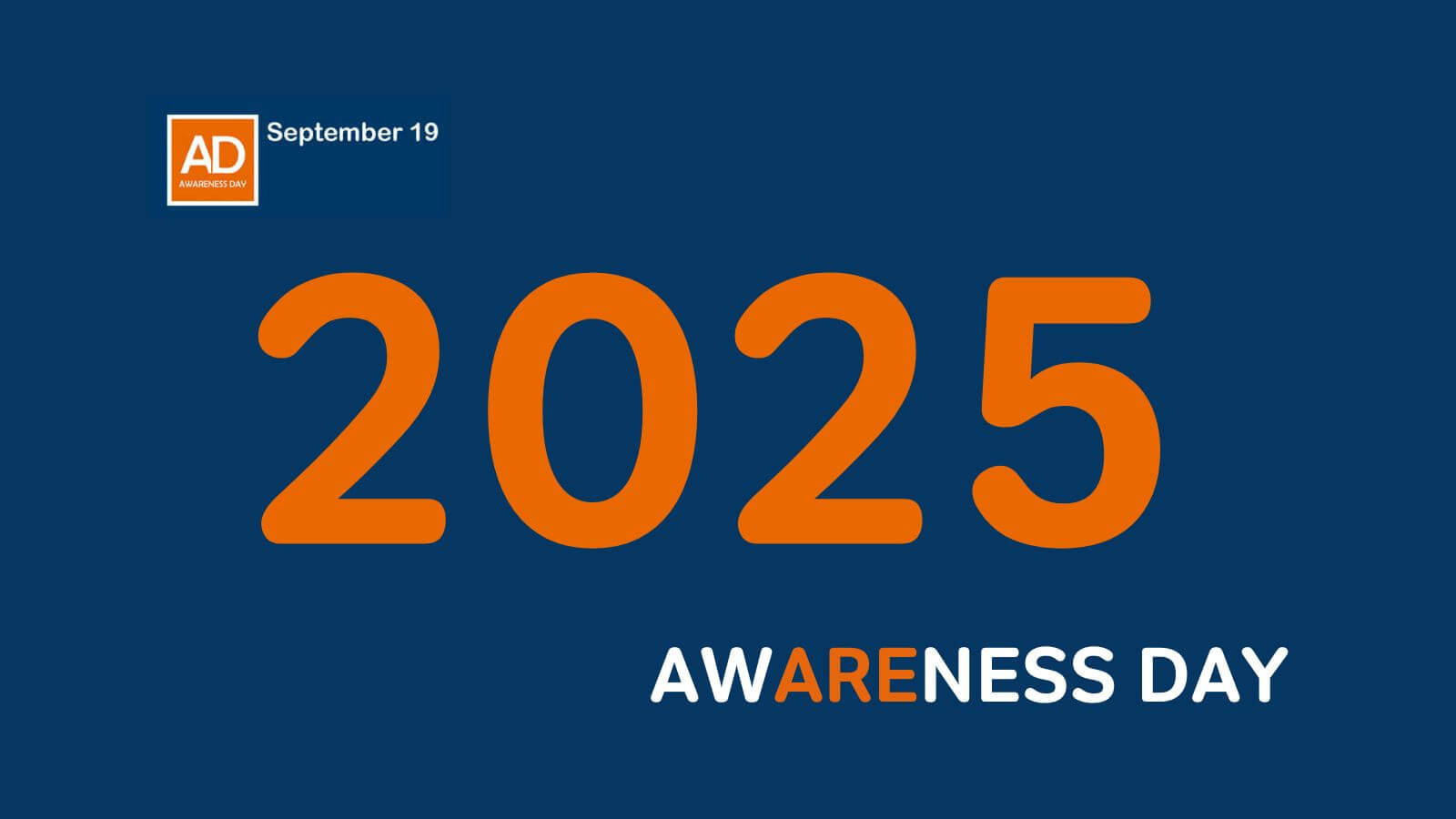Aortic Dissection Awareness Day
September 19th
The global day for rare aortic diseases.
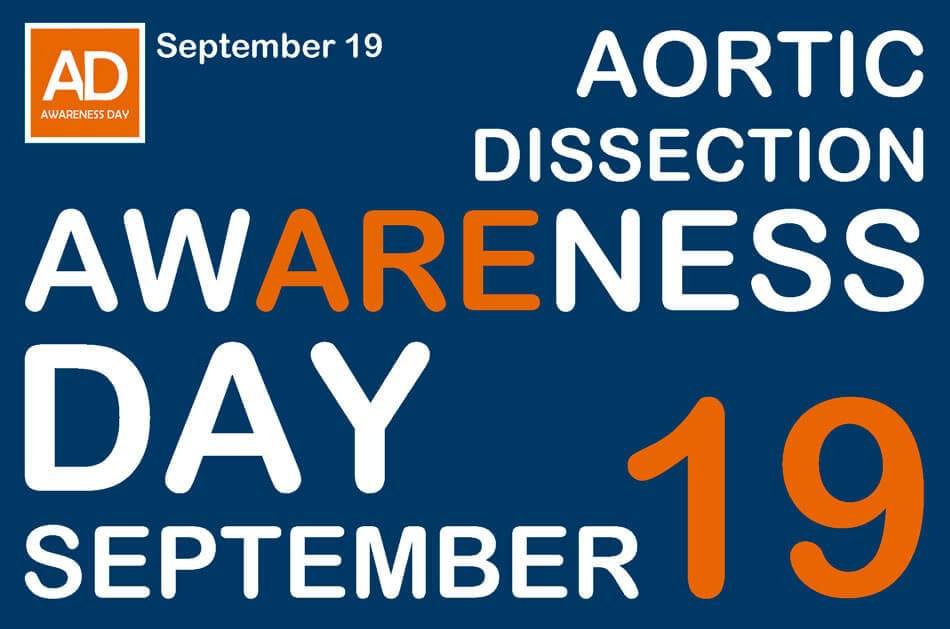
September 19
The cornerstone of global aortic awareness
Please share this video to help raise awareness of aortic dissection.
September 19th marks Aortic Dissection Awareness Day every year. Originally created for rare aortic diseases, including dissection by its founder, Timo Söderlund (a type A dissection patient in Sweden in 2016), the day has become a global movement.
It spearheads patient advocacy and has encouraged countless medical centres to run awareness activities and events throughout the week of the 19th. Some events run throughout the entire month of September.
Vascular Disease Awareness Month also falls in September, so it is a very important month of the year for aortic diseases.
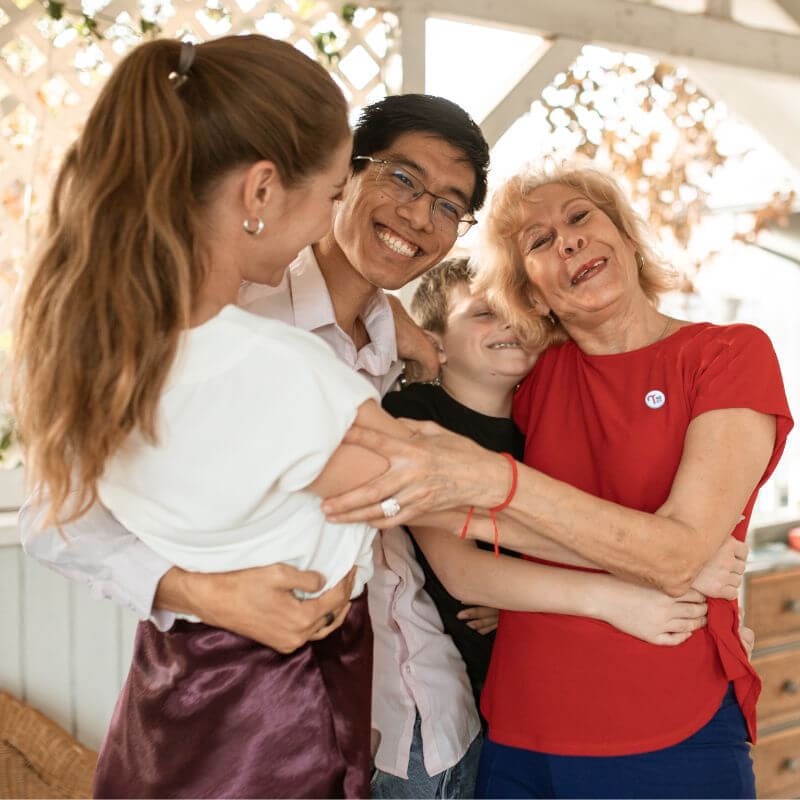
Why is aortic dissection awareness day important?
Aortic dissection is the most common aortic emergency with 70 people per week suffering from the condition in the UK and Ireland. Type A dissection has a 2% mortality per hour within the first 24 hours and acute type B dissection carries a mortality rate of up to 10% over 30 days. Over 2,000 patients lose their lives to aortic dissection each year in the UK and Ireland. More needs to be done to raise awareness and elevate the profile of this preventable condition. Learn more about aortic dissection.

Why the snow leopard represents aortic disease
The snow leopard mostly lives a solitary life and is typically active during the early hours of the morning, making them very hard to find. These beautiful cats are unable to roar like their larger cousins due to their unique physiology. For this reason, they are often named, The Silent Killer, which aortic dissection is also referred to.
Since 1986, the International Union for Conservation of Nature (IUCN) designated snow leopards as endangered and they have long been considered a rare species. Like this majestic creature, aortic dissection is considered rare.
However, after years of campaigning, awareness, and education, 2016 was a landmark year for the snow leopard. It was the year when the IUCN reclassified them as “vulnerable”, meaning the risk of extinction is less urgent. This should give us all hope.
It demonstrates that, with targeted education, research, and policy change, we, too, can change the tide on aortic dissection and potentially make it less of the time-critical, silent killer it is today. With greater understanding, research, and resources, we can hopefully reduce misdiagnoses, lessen its impact on patients, and prevent others from suffering from this condition.
The power of persistent awareness should never be underestimated.

Notable people who have been impacted by aortic dissection
The first recorded case of aortic dissection was in the autopsy of King George II in 1760. Michael DeBakey, a cardiovascular surgeon at Texas Medical Centre who pioneered the surgical treatment and classification for aortic dissection, suffered from the condition in his later years. At the age of 98, he was the oldest patient to undergo the procedure, which allowed him to live a further two years.
Others include American actors John Ritter, Lucille Ball, Alan Thicke, playwright Jonathan Larson, diplomat Richard Holbrooke, Japanese actor Hiromi Tsuru, manga artist Kentaro Miura, and Depeche Mode’s keyboardist Andy Fletcher, all of whom died suddenly and unacceptably from aortic dissections.
But there have also been some notable survivors of this condition. While this is by no means an exhaustive list, some include New Zealand cricketer Chris Cairns, Judas Priest’s guitarist Richie Faulkner, BBC radio presenter Bob Harris, and former English footballer Steve Perryman.
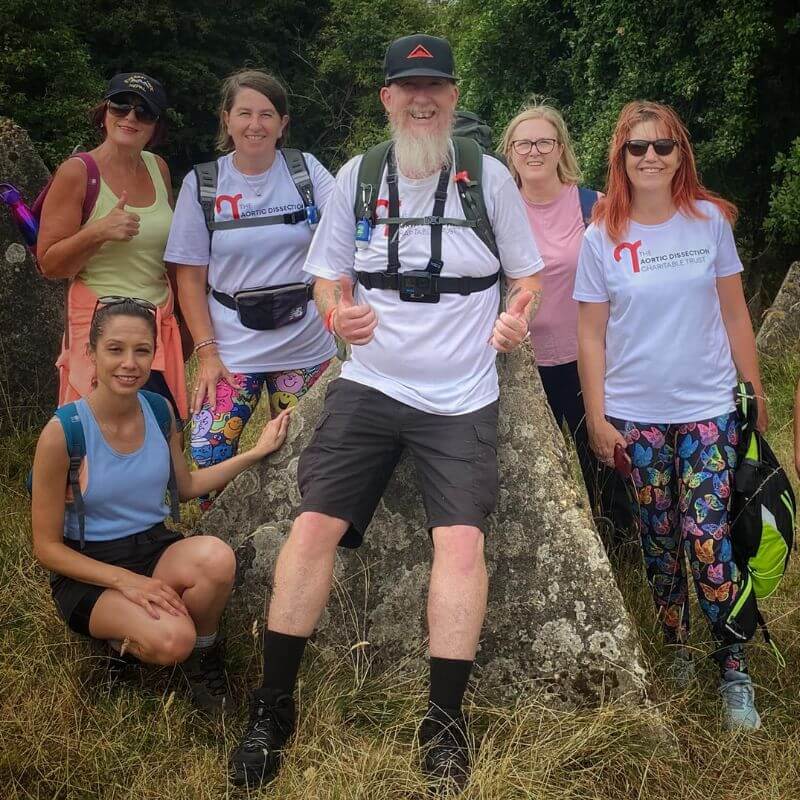
Why you should participate in Aortic Dissection Awareness Day
Aortic Dissection Awareness Day is an ideal time to increase public awareness of this poorly acknowledged healthcare disaster and to show solidarity and support for the thousands of patients and their loved ones who have endured the long-term physical and mental consequences of this disease.
It is a great opportunity to remind the public, media, national healthcare authorities and providers, as well as healthcare professionals, policymakers, and the government that there is an urgent need to improve the education, diagnosis, and long-term care of those with, and at risk of, aortic dissection.
How to be involved in Aortic Awareness Day
Post on social media
Share information about this condition to help spread awareness using the hashtags #AorticDissection, #AortaEd or #AortaSupporta tagging in @AorticDissectCT.
Sign the petition
Sign our petition calling for The implementation of A&E diagnostics, education & policy change for Aortic Dissection and share the link with your colleagues, relatives, friends, and anyone who should be informed about aortic disease.
Media coverage
Use your network and the network of your colleagues, friends or family to have your story and awareness activity covered in the press. Contact us for an aortic dissection awareness day template press release and help with contacting the media.
Plan a fundraising event
The Aortic Dissection Charitable Trust is wholly dependent on money raised through donations and fundraising. All money raised goes directly into developing our education resources, such as our AortaEd learning platform and research funding awards. Perhaps organise a music performance, gala dinner, book sale, #TeamAorta 5k run or cycling event – the possibilities to get involved are endless. Your fundraising event will help us continue our vital work.
Meet aortic patients and families
Aortic Dissection Awareness Day is an opportunity to create a community for people who have been impacted and/or care about aortic disease. Together, we celebrate survivors, remember those lost, and share the latest crucial lifesaving information to reach people at risk of aortic disease.
Hold an education event
Organise a conference, symposia, round-table discussion, webinar, Reddit AMA, Facebook Live etc., to share the latest aortic research and offer special educational aortic dissection training for staff. We can help by providing content, resources, patient speakers, and aortic experts.
Make a commitment to love your aorta
Many lifestyle changes can be made to improve the health of our aorta:
- Regular physical activity can help maintain healthy blood pressure.
- Eating a healthy, balanced diet helps to keep our weight under control and reduces cholesterol levels.
- Smoking is the worst enemy of our aorta and every other organ in our body.
So, why not use Aortic Dissection Awareness Day to kickstart a healthier lifestyle and spread the word about looking after our aorta?
Aortic Dissection Awareness September 2026
As the leading voice for medical professionals interested in this condition and UK & Irish patients and their families impacted by it, we continue our efforts to educate, improve research efforts, and change national healthcare policy.
The programme and activities for AD Awareness 2026 are currently being designed. Join our mailing list to get notified once further information is announced.
Previous AD Awareness Events
Aortic Dissection Awareness Day 2025
This September marked a breakthrough in aortic disease awareness and support. From the launch of a patient-focused podcast to new specialist nursing roles and cutting-edge research grants, our efforts reached more people than ever before. Community led events, clinical engagement and national collaborations are driving progress in diagnosis, treatment and long-term care. Read the key highlights and how these efforts are making a difference.
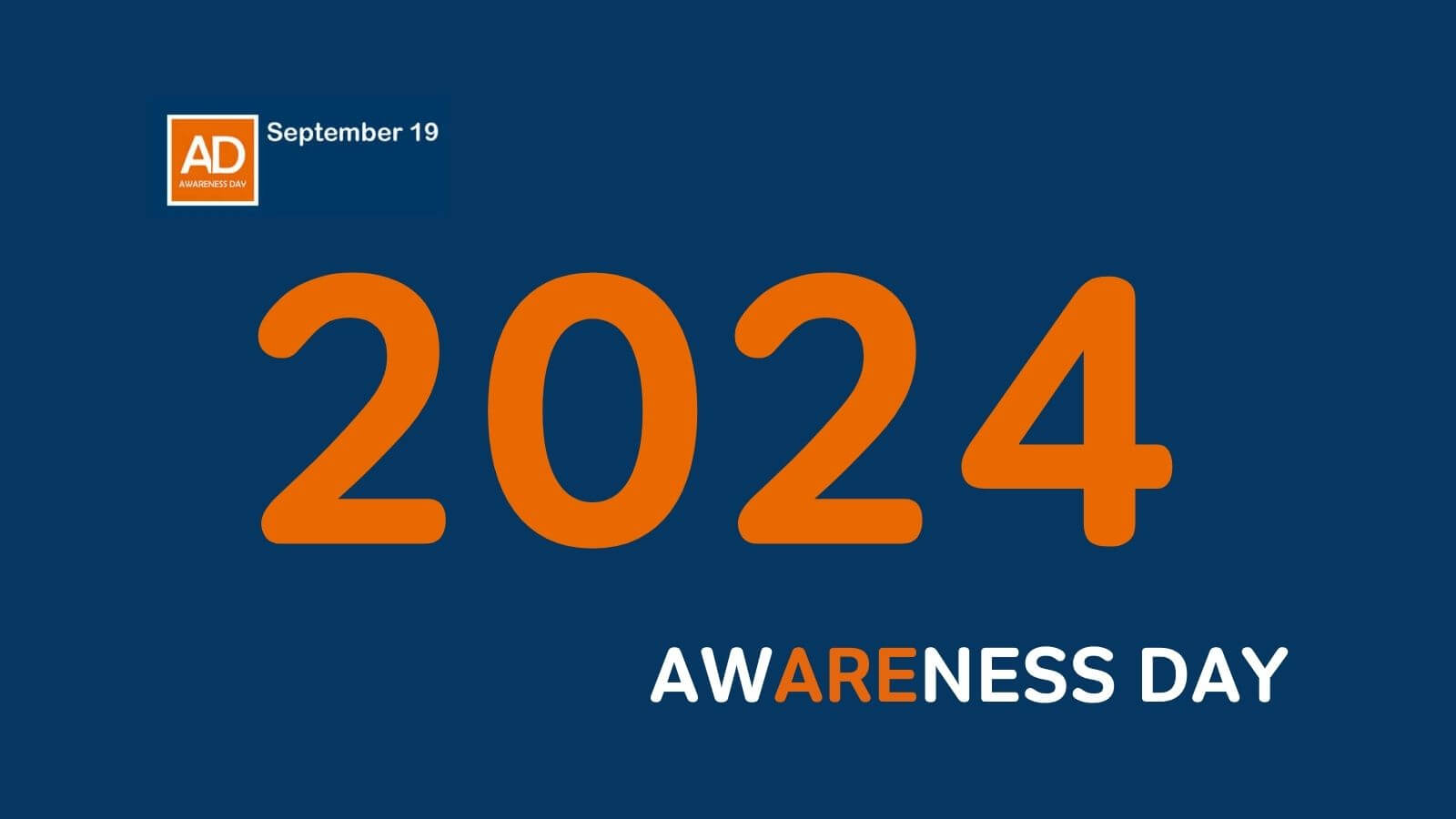
Aortic Dissection Awareness Day 2024
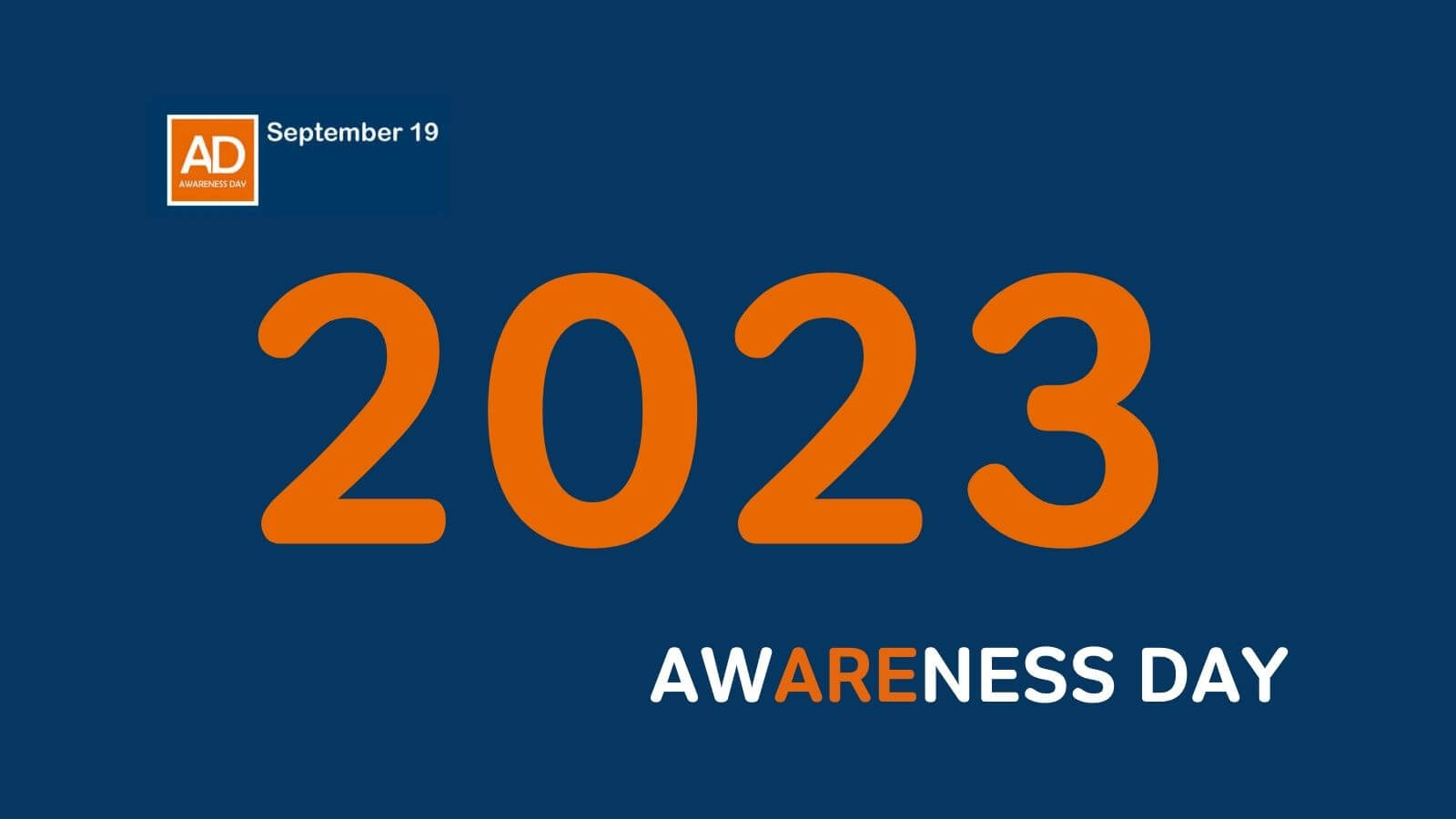
Aortic Dissection Awareness Day 2023
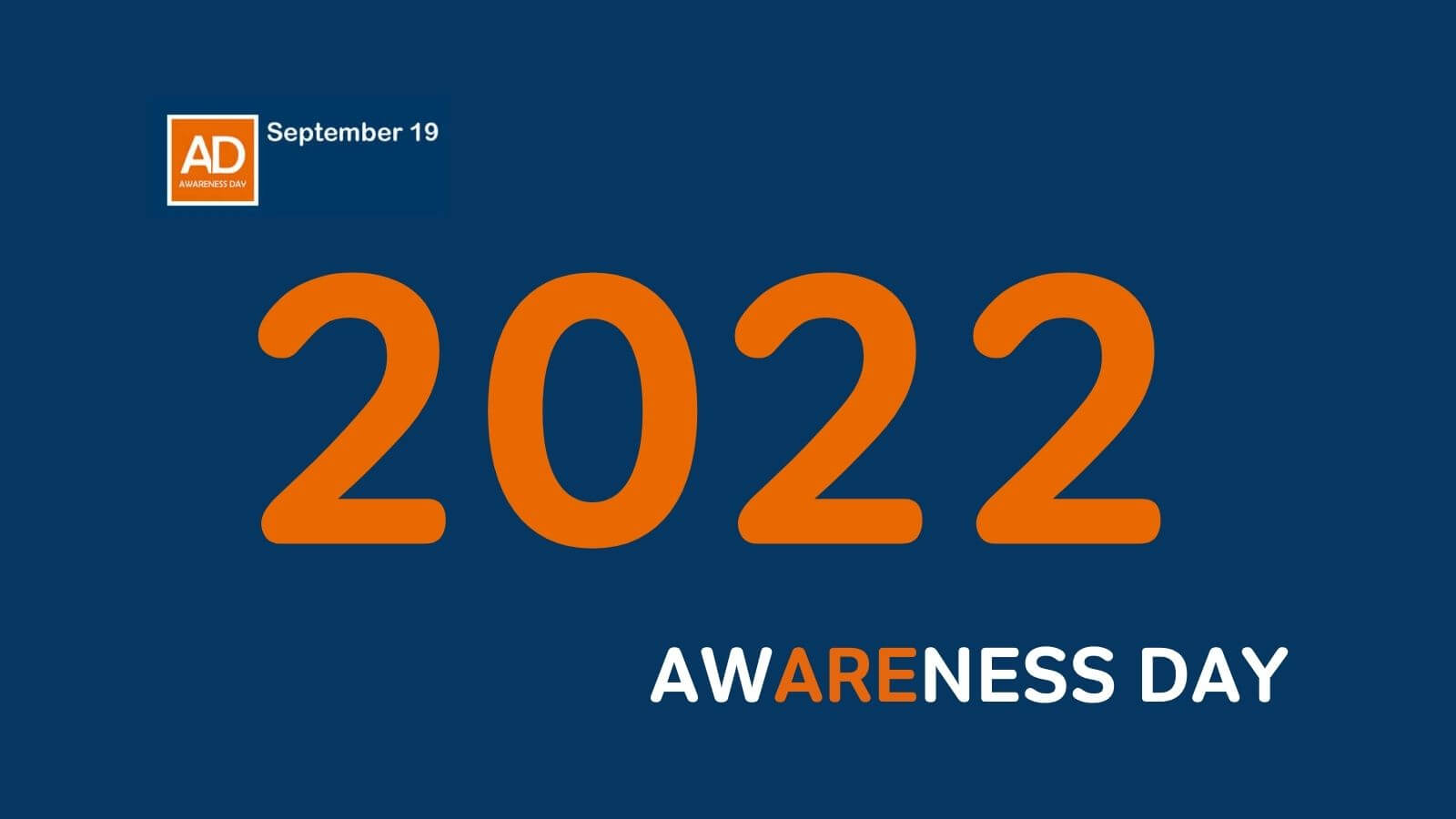
Aortic Dissection Awareness Day 2022
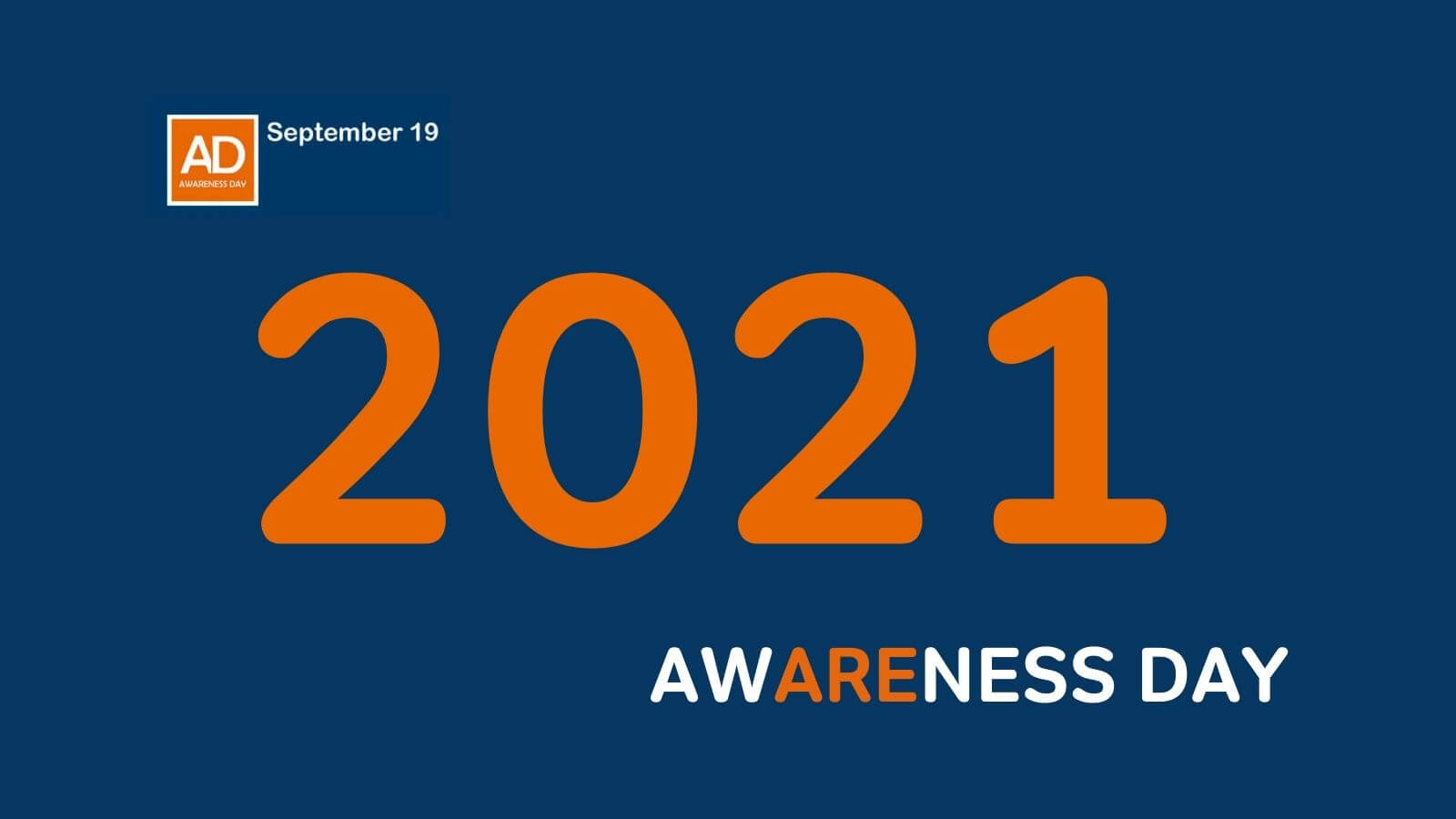
Aortic Dissection Awareness Day 2021

Privacy Policy | Accessibility
The Aortic Dissection Charitable Trust
Registered charity in England & Wales No. 1191420
Registered charity in Scotland No. SC051517
PO Box 812, Hope Valley, Chesterfield S40 9QY
The information and materials on this site are for general information purposes only. This site is not designed to provide individual medical advice, diagnosis or treatment. If you have any concerns, please speak to your GP. If you believe you have a medical emergency, call 999 immediately.

